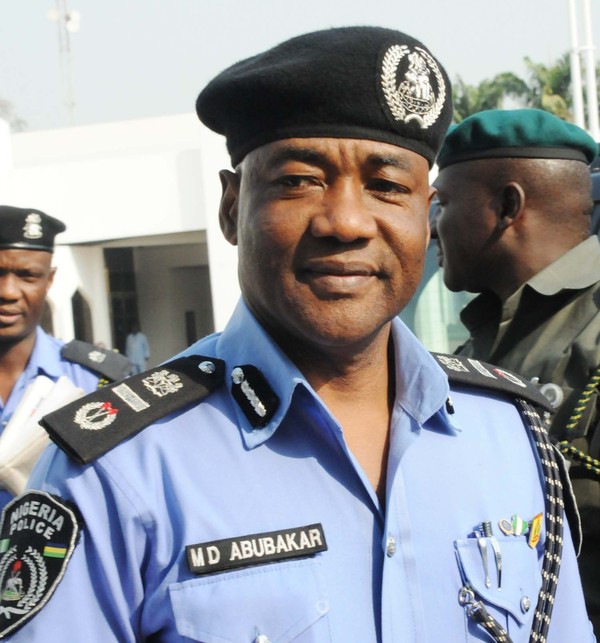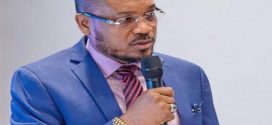 With the rise in the spate of suicide bombings, especially in the northern part of the country, the police yesterday released tips on how to identify a suicide bomber and the safety measures to take.
With the rise in the spate of suicide bombings, especially in the northern part of the country, the police yesterday released tips on how to identify a suicide bomber and the safety measures to take.In the same vein, the federal government has been urged to carry out a thorough audit on security personnel in all security agencies, with a view to fishing out infiltrators and saboteurs militating against the war against terrorism.
The Force Public Relations Officer, Frank Mba, a Chief Superintendent of Police (CSP), said one of the easiest ways of identifying a suicide bomber is the suspicious manner in which the bombers carry themselves, by ensuring they avoid eye contact with people around.
Although he admitted there was no specific profile for suicide bombers, as they can come from nearly every cultural background, religion, race, creed or gender, they however share some common characteristics that define a potential suicide bomber.
He said: “You can identify them through their behaviour. They behave in a way similar to someone with no future. Also, their mental state could present clues like the way their eyes are secretive.
“They make obvious attempts to avoid eye contact with the people they perceive as their enemies and are always looking at every possible exit. Also, they are always mumbling prayers, as if they are whispering to someone else.
“They show no response to any authoritative voice, command or instruction and their appearances can also be used to identify them because they wear clothes that are unsuitable for the present-day weather.
“For instance, wearing a sweater or raincoat during hot weather, as well as slack or baggy clothes. This makes their body frames to appear excessively larger than their head or feet and as a result they sweat a lot, resulting from tension and stress of wearing unsuitable clothes.”
Mba called on citizens to watch out for such suspicious persons whose hands are often placed in their pockets, which he said is on the detonator, ready to set off the bomb at the slightest opportunity.
He said such persons carry big bags or backpacks tightly with wires piercing out of the bag and often walk awkwardly, which is usually due to the unsuitable attire they are wearing and the weight of the explosive devices tied around their body.
On how they scour out their targets, he said they often try to blend in by visiting the place with the clear intention of carrying out surveillance and identify vulnerable areas before attacks.
He also pointed out that suicide bombers have an unusual herbal body odour, which he said is as a result of the incense used in the final rituals performed on them as they take off for the suicide mission.
Meanwhile, the call for a personnel audit was made by the Society for Security Practitioners of Nigeria (SSPN) yesterday in Lagos.
The President of SSPN, Mr. Davidson Akhimien, who made this call, said it was pertinent because of the worrisome dimension the insurgency had assumed in the country recently.
He said the audit could be done through funds/finance tracking, mails/communication interception and personal and electronic surveillance.
Although he said the security operatives had been dogged in contending with the situation, there was need for the audit to fish out saboteurs in the system.
Akhimien also called for an immediate review and update of the inventory of the military arsenal in tandem with the requirements of modern warfare and modern armies to curb the menace.
He said: “The federal government should consider the option of border closure for the time being, in order to have an effective border patrol along the North-east axis.
“They should also equip the Nigerian Immigration Service with more helicopters for aerial surveillance and patrol along the axis, as well as address the need to adopt technology in its national security considerations.”
He also recommended that government should establish channels and reliable communication links at all levels and in all local government areas for the upward dissemination of information and intelligence gathered by citizens at community/neighborhood levels.
“In the face of the current security challenges and against the backdrop of the requirement for community policing, government is advised to consider the inclusion of reservists and ex-security servicemen in its national security architecture,” he said.
 Hottestgistnaija.com
Hottestgistnaija.com




